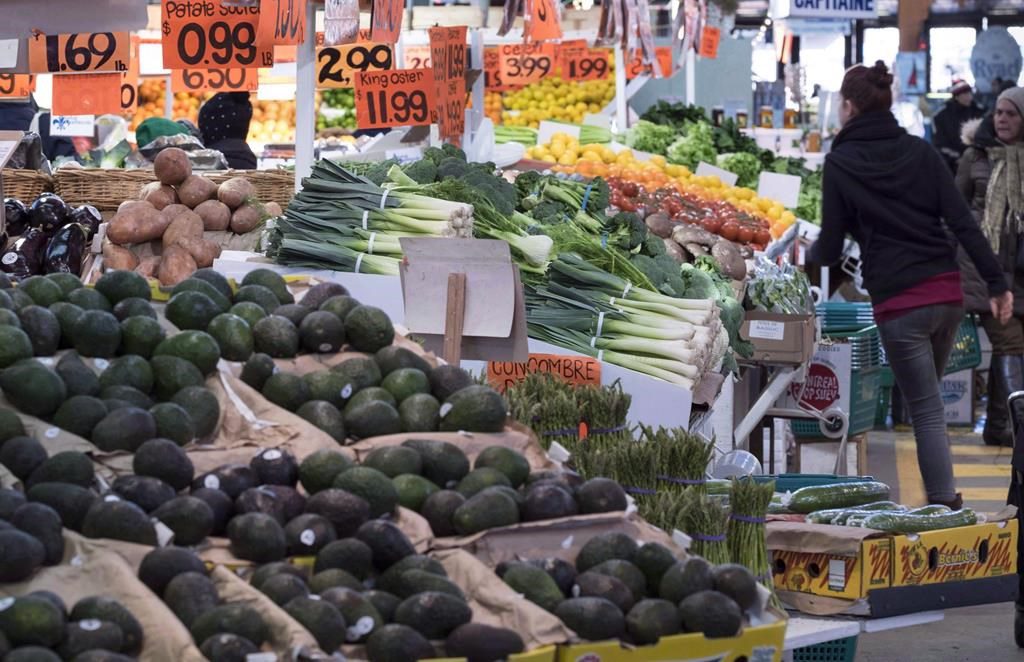The Guelph-Wellington Commercial Food Waste Diversion Collective is urging businesses to cut down on food waste.
For slightly more than two years, the organization has been working against food waste and promoting efforts to reduce it.
Maggie Bain, the project coordinator, expressed satisfaction with their impact so far.
She explained that one of the main goals of the group is to establish a community-based system as the standard for local businesses, empowering them to participate in something larger.
“We really want to establish a solution that people are aware of and know exists,” Bain said.
Along with diverting food waste and decreasing greenhouse gas emissions, the collective also aims to help small and medium-sized businesses access food waste solutions at a more reasonable cost and in a convenient way.
Bain stated that part of what makes the collective’s approach sustainable is assisting businesses in reclaiming resources through local systems.
She mentioned that reducing food waste in businesses that produce food is not only beneficial for the environment, but also has a positive social impact.
Since 2021, over $200,000 has been collected through food recovery efforts as part of the initiative.
“So, in cases where food is rescued or recovered, it is still edible even though the business can’t sell it,” she said.
“It’s good and nutritious food,” she said, and posed the question, “How can we help create a system that ensures it is properly given to the people it was originally meant for?”
The initiative, led by Circular Innovation Council, follows the model of organic residential programs for regional collection.
Organic food waste is collected before being transformed into high-quality compost for local farms and gardens to improve soil health.
Any surplus of edible food is also collected and sent to charities to assist those in food insecurity.
The organization received additional funding for the trial, and there is a possibility of it being extended beyond its deadline.
She stated that it will benefit Guelph and the surrounding area.
“We dispatch a truck from Guelph in the morning, and it goes through Guelph before heading to Fergus, Elora, and then to Arthur, where our processing plant is,” she said.
“Just that alone helps reduce the cost considerably, as the hauler doesn’t have to send separate trucks for two or three businesses at a time.”
The trial program will continue until the end of September.
For those interested in joining and learning more, visit the Circular Innovation website.



